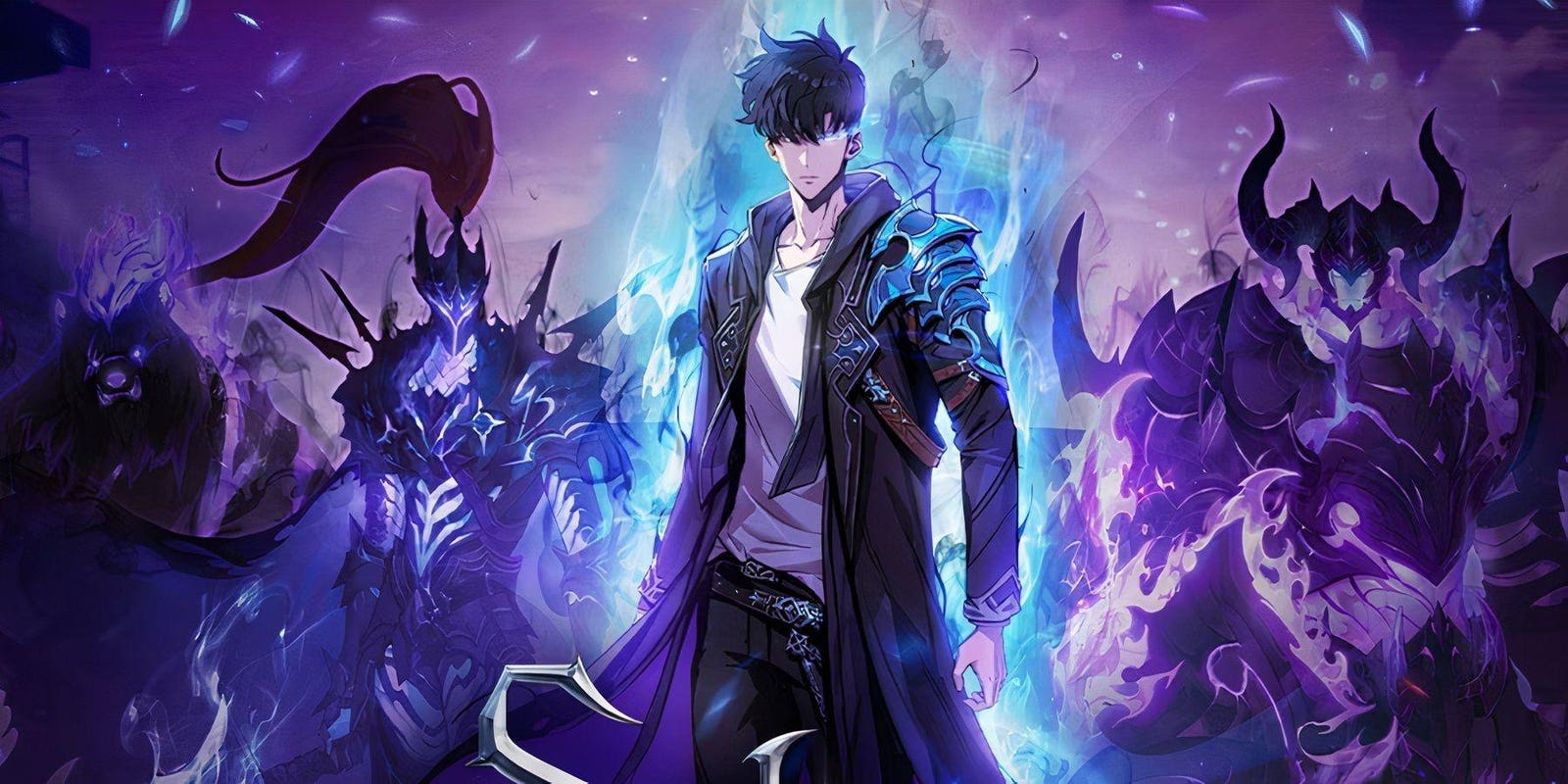In a sea of sameness, Torq stands unapologetically bold—fusing disruptive tech with a fearless brand … More
The cybersecurity industry has long been defined by its cautious pragmatism—measured growth, technical jargon and a general aversion to flair. But that mold is beginning to crack. Following Google’s headline-grabbing $23 billion acquisition of Wiz, industry analysts and investors have turned their attention to what might come next. One name that frequently comes up in those discussions is Torq.
While still early in its growth arc, Torq is attracting attention for more than just its reported 300% year-over-year growth. With enterprise customers like Uber and PepsiCo and an expanding presence on the analyst radar, the company is positioning itself as a serious contender in the security automation and AI orchestration space.
But what really sets it apart is its effort to blend cultural relevance and brand identity with technical innovation—an approach that has prompted both curiosity and cautious optimism across the industry.
Growth Backed by Traction Not Just Talk
Claims of hypergrowth are easy to make. What’s harder is backing those claims with concrete wins. For Torq, production deployments in large enterprise environments suggest product maturity and operational credibility. According to Torq, this momentum reflects a broader industry appetite for automation platforms that go beyond rule-based responses and truly adapt to real-world threats.
Part of this traction is attributed to Torq’s emphasis on scaling its Hyperautomation platform to meet the increasing demand. “Torq plans to scale the Torq Hyperautomation platform in order to maximize resilience and continue excelling when it comes to delivering our uncompromising quality of service across our exponentially-growing customer base,” said Ofer Smari, CEO of Torq. That growth strategy includes expanding its AI R&D investments and improving end-to-end data accuracy across its ecosystem—two pillars Smari believes are foundational to enabling what he calls the Autonomous SOC.
Making a Statement—Visually and Vocally
At this year’s RSAC conference, Torq will draw attention not just for its technology but also for its marketing. The company’s booth features Monster Jam’s Grave Digger truck and visual elements more reminiscent of streetwear brands and music festivals than typical enterprise security vendors. While some may see this as a distraction, others view it as a calculated attempt to differentiate in a sector flooded with uniformity.
It reminds me a bit of the culture and brand recognition AlienVault established before the company was acquired by AT&T. The AlienVault brand was very recognizable and seemed ubiquitous. Admittedly, though, swagger and cool brand merchandise does not necessarily equate to commercial success.
With bold branding and a fearless aesthetic, Torq is bringing edge, energy and authenticity to an … More
Torq’s aim, according to CMO Don Jeter, is not to create spectacle for its own sake but to break through in a market where even the most compelling technology often gets lost in a sea of sameness. “We’re not trying to be different just to be loud,” Jeter said. “We want to be different because the space needs to evolve—visually, culturally and technologically.”
Agentic AI and the Path to the Autonomous SOC
Behind the branding, the company is positioning its platform at the center of one of cybersecurity’s fastest-evolving trends: agentic AI. While the term has quickly joined the ranks of buzzwords in security marketing, Torq is focused on real-world application—particularly in operationalizing its Autonomous SOC vision.
According to Smari, the industry is at a tipping point. “In 2025, Autonomous SOC technologies will represent the biggest market opportunity and will be absolutely essential for establishing the most effective security perimeters to secure companies of all sizes and mitigate the most critical emerging threats,” he said. Smari believes AI’s integration into security operations will be nothing short of transformative. “It’s rare to witness such complete consensus across industry practitioners, analysts and innovative vendors, with all agreeing that 2025 is going to be a huge year for positive operational impacts relating to AI adoption in our market.”
Checkpoint offers a clear example of that operational shift. “Today, Torq HyperSOC investigates, triages and remediates many of Check Point’s internal security alerts without any human intervention,” said Jonathan Fischbein, CISO of Check Point. “If an alert meets certain parameters based on organizational security policies, the platform takes relevant predefined steps such as initiating an MFA challenge or locking out a suspicious user. We can react automatically to problems before they become security incidents.”
This kind of automation—beyond scripts and playbooks—is what Torq is betting will define the next wave of security operations platforms.
Valid Benchmark or PR Pitfall?
Given the timing and momentum, Torq has inevitably been compared to Wiz. Both are Israeli-founded startups with significant growth, both emphasize platform-centric approaches and both are operating in high-demand segments of the security market. But there are differences worth noting.
Wiz made its mark in cloud security posture management, while Torq is focused on workflow automation, orchestration and operational efficiency in the SOC. The playing fields are adjacent but not identical. And while comparisons to high-profile exits can be flattering, Torq’s leadership is cautious about leaning too hard on that narrative. “We don’t need to be ‘the Wiz of X,’” Jeter noted. “That kind of narrative only works if the numbers and outcomes support it—and we’re working to earn that recognition, not inherit it.”
That said, the combination of product traction, strategic vision and a differentiated brand is drawing attention—from analysts, potential partners and the venture community.
A Broader Shift in What Cybersecurity Startups Can Be
What Torq may ultimately represent isn’t just the next big platform, but a broader shift in how security startups are expected to operate. In a field often seen as rigid, technical and incremental, Torq is attempting to show that strong branding and innovative technology don’t have to be at odds.
Whether this approach will translate into long-term category leadership remains to be seen. But in a saturated and jargon-heavy market, companies that blend clarity with capability are increasingly rare—and perhaps more valuable than ever.








